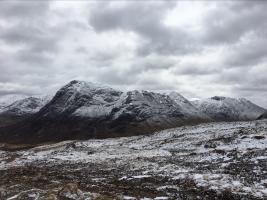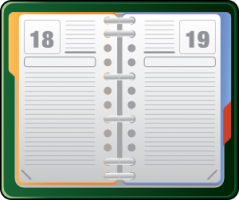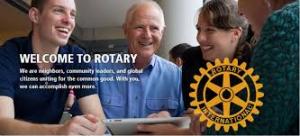Sally Lawton, will speak on 24th June about
Thu, Jun 24th 2021 at 7:00 pm - 9:00 pm
Sally Lawton, will speak on 24th June about "Reflections on writing “The Nurse Who Found Herself In 1916”

Sally Lawton, will speak on 24th June about "Reflections on writing “The Nurse Who Found Herself In 1916”
The Nurse Who Found Herself in 1916
At its meeting on Thursday, the Club benefitted again from the use of Zoom technology to welcome Sally Lawton as the evening’s speaker. Sally trained as a nurse in Edinburgh before moving to Aberdeen. She has worked in nursing and healthcare education in a variety of roles for most of her career. However, she also obtained a degree in History and English, a PhD in Nursing Education, and a Master of Laws in Medical Law.
As a nurse educator for over 30 years, she has published a number of academic papers. However, the focus of her talk was what led her to write 'The Nurse Who Found Herself in 1916' - her first foray into writing fiction. Sally explained that she has always had a fascination with how nurses worked in World War One. Her interest was initially stimulated by Vera Brittan’s Testament of Youth, and Nurse at the Russian Front by Florence Farmborough. These books led her to research the war diaries of qualified nurses who worked in casualty clearing stations, and to compare the approaches to nursing then and now. The work of Matron Maud McCarthy who worked in France throughout the whole war was particularly inspiring. But it was while reading a case study in a nurse's diary which read: ‘Only 23 deaths – a good night’ that she wondered, 'what would I have done, how would I have coped?' and the idea for a book began. The outcome was “The Nurse Who Found Herself In 1916”. It took over eight years to write, and over that time Sally accumulated many textbooks and diaries from the period. She also travelled to France for further research, and spent time in military and other museums to ensure the accuracy of the descriptions of the circumstances in which nurses worked in casualty clearing stations.
In the story, a palliative care nurse Charlotte Robertson falls asleep on a train. She boarded the train in the year 2001, but, by a quirk of the time continuum, when she wakes up it is September 1916 and she has papers instructing her to report to a casualty clearing station in Northern France. At work there, she adapts her modern nursing skills with difficulty to meet the needs of badly injured soldiers, encountering both strict and supportive colleagues, and experiencing the struggle to address the needs of injured soldiers.
Thanking Sally, Rotarian Billy Phillips spoke of the fascinating insights of Sally’s talk, and the obvious passion she has to share the outcomes of her research.
'What We Do' Main Pages:
Our charitable activities are administered by a trust fund, registered as a Scottish charity, number SC050998. Annual reports and accounts for recent years can be downloaded below.
more.jpg)







